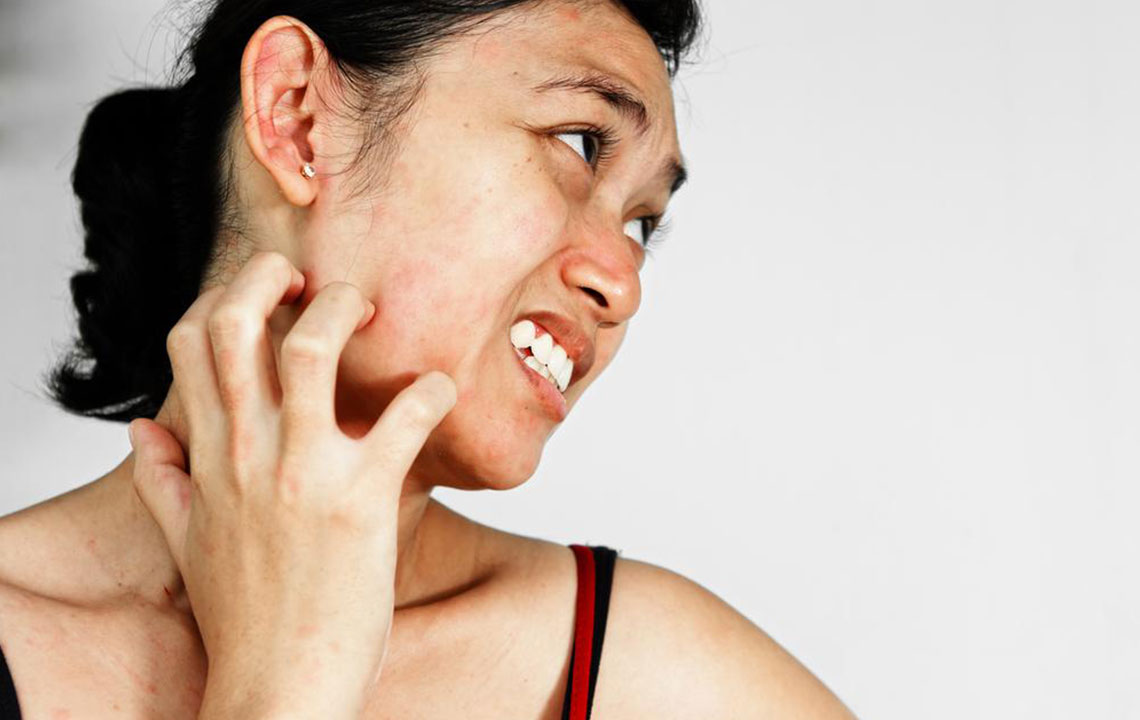Everything You Need to Know about the Treatment for Rosocea
Rosacea is a common skin disease. It starts with the skin getting more blush or flush than people not suffering. The redness can also spread to nose and cheeks, then chin and forehand. It can also spread to ears, back and chest too. Symptoms of rosacea depend on the color of one’s skin. It is different with people with rosacea on light skin and people with rosacea on dark skin. Rhinophyma is a type of rosacea which can be characterized by certain clear symptoms and signs.
Here are some symptoms of Rhinophyma.
- Facial redness
The disease causes persistent redness in the central part of the face.

Many people suffer from the conditions and also have pimples on their face at the same time. These bumps may contain pus. They can make your skin feel hot and tender.
There are around half a people who are suffering from Rosacea with eye dryness, swollen, irritating and reddened eyelids. Some people may also suffer from skin problems in addition to rosacea.
In rare cases, rosacea can become thick and lead to skin disorders. It can lead the skin to thicken.
In case you experience continuous redness on your face. You should see a doctor or do see a skin specialist or dermatologist. This action is advised for diagnosing and treating diseases.
Causes of rosacea
The causes of Rosacea are not exact. It is difficult to say exactly what causes rosacea. This can be due to a combination of environmental and hereditary factors. The condition is not caused by proper hygiene. There are a number of factors that can trigger rosacea as a result of increasing amount of blood flow to the skin’s surface. Here are a few factors listed.
- Consumption of spicy foods
- Drinking hot drinks
- Extreme temperature
- Breezy wind
- Exposure to sunlight
- Emotional trigger
- Intense workout
- Usage of cosmetics
- Taking prescription treatment to dilate blood vessels, like those recommended for blood pressure regulation
Are you at risk of Rosacea?
Are you wondering if you are at risk of rosacea? Here are a few risk factors that can help you make a fair judgment and find solutions to treat rosacea at the earliest.
Generally, women are at high risk of developing rosacea than men.
Skin- People with fair skin are at more risk because their skin gets damaged easily by the sun.
Age- People above the age of 30 is at more risk.
The skin disease can be hereditary. Rosacea can also run on your bloodline.
When can rosacea gets severe?
Rosacea can also go severe. However, severe cases are usually rare. In such cases oil glands in your nose and cheeks become large. This results in a buildup of tissue around the nose. This condition is called rhinophyma. This is common in men than in women and it gradually develops over the years.
Treatments for Rosacea
The best treatment for rosacea stresses upon managing symptoms and signs. Mostly, the treatment involves a combination of skin care and prescription. The time of treatment relies on the type and severity of symptoms. Recurrence is very common. The type of prescription treatment a physician recommends is based on the signs and symptoms of the problem.
- Options to relieve redness
Certain topical options, i.e., ones applied to the skin as a gel can relieve redness. Such options constrict blood vessels. You may find results that remain there for 12 hours. That said, the effects here can be temporary. However, it is important to keep using the treatment option on a regular basis over a period of time.
Other topical products also target pimples and are often considered the best rosacea treatment options. The results of these options last for at least 3 to 6 weeks. - Oral options
Certain anti-bacterial options assist in the reduction of certain types of bacteria. They can also fight inflammation when used to cure rosacea.

